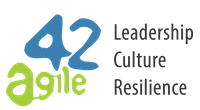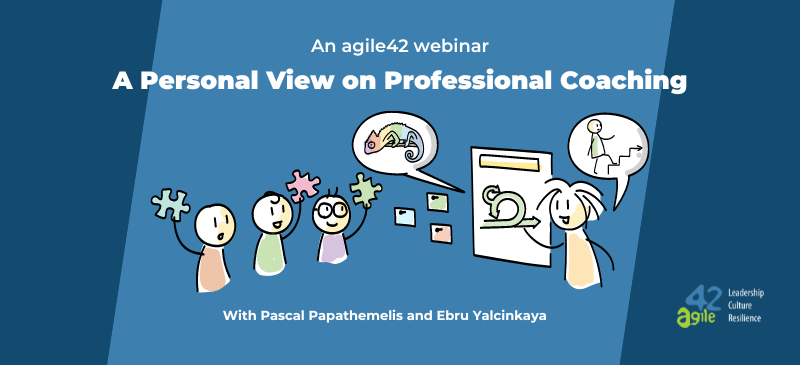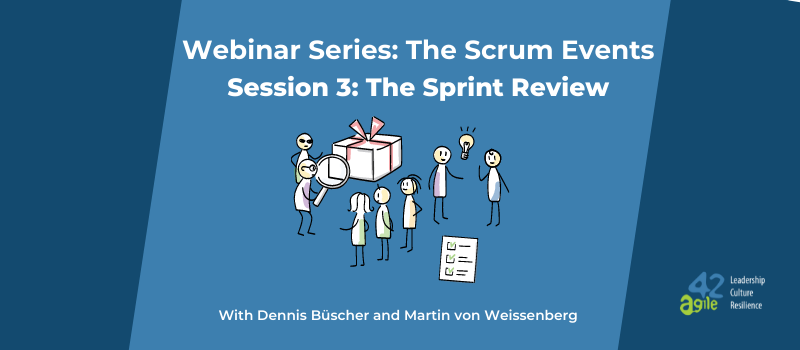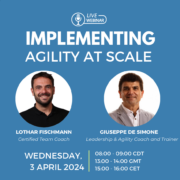Webinar | A Personal View on Professional Coaching
There are endless resources, tools, and guidelines for professional coaching, but what makes coaching so magical is that it is an intensely personal experience for the coach. And yet, the personal is often missing when people talk about coaching.
In this webinar, ICF-accredited coaches, Pascal Papathemelis and Ebru Yalcinkaya share a personal insight into professional coaching. They talk about their journey, what they have struggled with, and what they have done to grow as a coach – so that you can, too.
Watch | A Personal View on Professional Coaching
Recommended reading: How to Become an Agile Coach
Five Key Takeaways from the Webinar
Agile Coaching is Different to Professional Coaching
When Yalcinkaya first started working as an Agile coach and a Scrum Master, she said: “I felt like I was being squeezed like an orange.” She realized that Agile coaching required a completely different mindset from her previous role.
The International Coaching Federation (ICF) defines coaching as “partnering with clients in a thought-provoking and creative process that inspires them to maximize their personal and professional potential”. There are many different types of coaching, like sports coaching, career coaching, and business coaching, to mention a few. We should decide what type of coaching we want to focus on, as each requires a different skill set.
Agile coaching is unique in that it requires expertise in Agile frameworks and methods, and it also needs coaches to work within a system. A systemic coach focuses on the organization as whole and needs to stay neutral in their approach. Agile coaches will need to swing between being an expert and focusing on relationships and systems, depending on what their clients’ needs are.
Know When you Should and Shouldn’t Coach
Coaching can be an incredibly enlightening experience for the coachee and organizations, but it isn’t always appropriate. Our audience gave some insightful answers about when we should not coach.
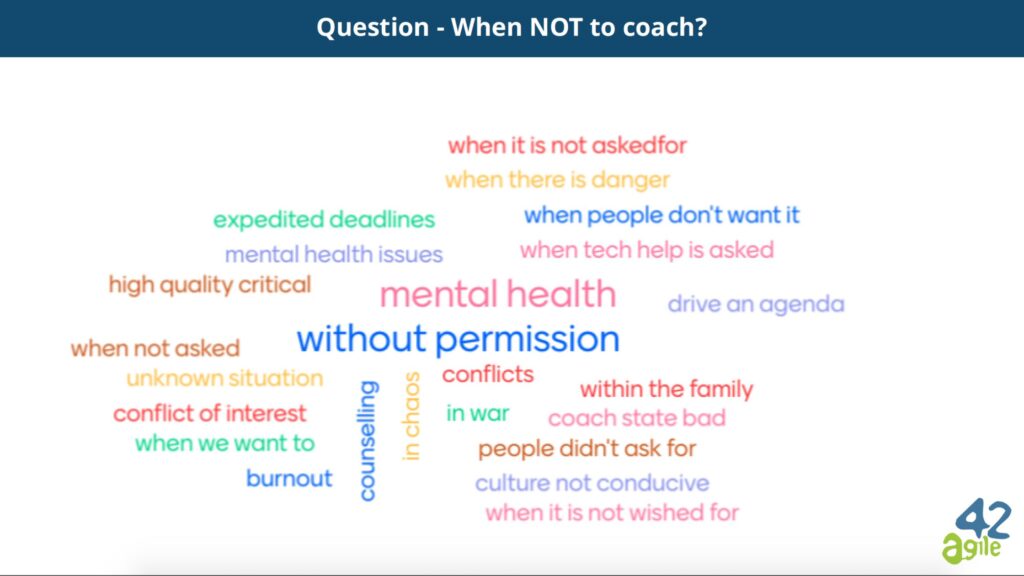
“Remember that we are human,” advises Papathemelis. You wouldn’t want to coach your family as you would be too emotionally attached to them. Being self-aware and realizing that you are part of a system is important. This requires some level of distance between you and a client.
If there is a conflict of interest, you need to let someone else handle the situation. If you realize that you are not in the right headspace, you may also need to step back. Papathemelis describes how he had to turn down a coaching engagement as he was very distracted due to external stress and, as a result, he knew he couldn’t be fully present.
It is also essential to agree on the coaching contract and make it very transparent in terms of timelines and what you want to achieve. If you do not do this, people will continue to communicate with you and ask for your help, even when it hasn’t been paid for or allocated. Coaches need to set boundaries too, otherwise, they could be at risk of burnout.
You Need to Understand the Different Coaching Skills and Competencies
The ICF Core Competencies define the skills you need to be a good coach. When you apply to become a coach at ICF, they will assess all these competencies. So it is important to understand them. Agile coaching also requires a unique skill set. Being an Agile coach means that you will have to understand the different approaches. You also need to know how to be flexible and adopt one that fits a specific context. The agile42 coaching approach can help you understand this.
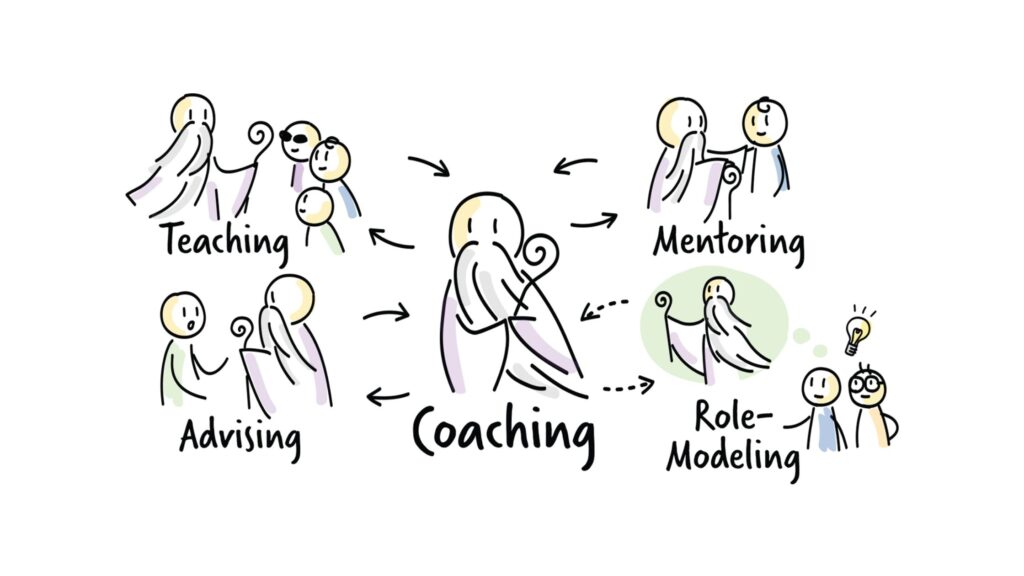
As experts in Agility, we would take a coaching stance when sharing this kind of knowledge. When we want to help Product Owners or Scrum Masters, it may be more appropriate to mentor them. And when we help teams or organizations improve or become more efficient, we may need to advise them. Here, we should help people by providing options and allowing them to find their solutions, rather than telling them what to do. Role modeling is also important as it allows other coaches to observe and mirror us in group situations, and pick up on our blind spots.
While some clients may need you to be stronger in one area than another, it is important to have a good understanding of the different approaches and how you can transition between them. It is important to identify your weak spots and then dedicate some time to improving them.
Practise is at the Heart of Professional Coaching
There are a lot of things that you can do to grow as a coach. However, as Yalcinkaya states, “Training is important but it’s not enough.” Learning from your experiences and mistakes will help you to grow the most as a coach.
In the webinar, Yalcinkaya shared the most important lesson that she learned while coaching. At her previous company, she was appointed as a Scrum Master to the sales and marketing team. She had been there for a long time and knew how the company operated so she used her knowledge and experience to provide solutions. At retrospectives, she came up with action items and delegated them to team members. As a result, she didn’t create a safe environment for teams to experiment and find their own solutions. The team explained this in her feedback session and it was an enlightening moment for her. Now, she tries to actively listen and understand the team, including what is said and what is not being said. She has also learned how to give teams space to experiment, fail, and grow. Papathemelis shared a similar experience, explaining how he had to learn how to be patient and not always rush to provide a solution, but rather let his coachees find their own way.
Papathemelis also provides other tips on how you can enrich our experiences as a coach. Before each session, Papathemelis has a quiet moment to himself, so that he can be fully present and engage in meaningful conversation. During this quiet time, he thinks of three things that he wants to focus on. After each coaching session, he reflects on these points again and makes notes of what went well and what didn’t. He also constantly tries to ask better questions. Closed questions are not always good to use in coaching. For example, instead of asking, “Is the person good or bad at their work?”, you could ask, “What are their strengths and weaknesses at work?” These all help to facilitate meaningful conversations and get to the root cause of problems that teams or individuals may be experiencing.
Coaching is a Never-Ending Journey
Coaching is a never-ending journey. Yalcinkaya says that she is still growing and learning,and this is part of the reason why she loves this profession so much. There will always be areas where you need to improve, whether you need more coaching experience or you need to educate yourself, for example by doing an online coaching course or in-person coaching certification such as the Advanced Team Coaching Course (ATCC), IC Agile Team Facilitation Certification (ICP-ATF), or IC Agile Agile Coaching Certification (ICP-ACC). It is crucial to be self-aware and to continuously reflect on your career.
At agile42, our coaches are available to support your coaching journey, whether it is through training, coaching, or mentoring. If you need help with your journey, please don’t hesitate to get in touch.
